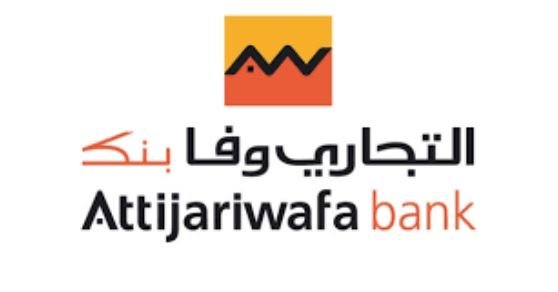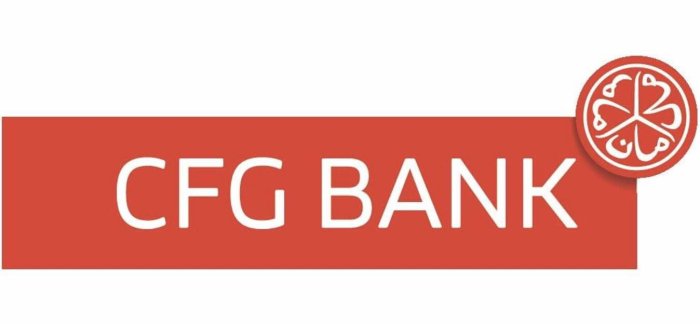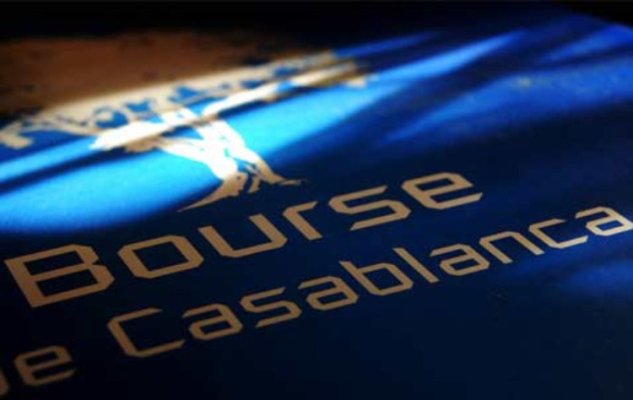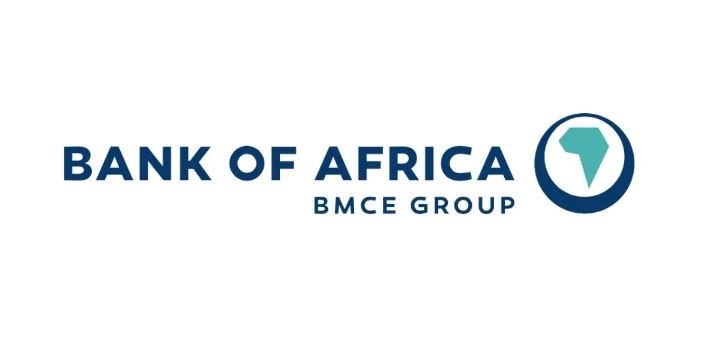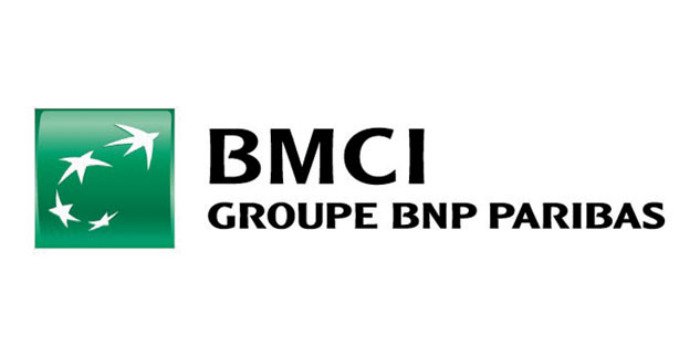Fitch Ratings has affirmed Attijariwafa Bank's (AWB) Long-Term Foreign- and Local-Currency Issuer Default Ratings (IDR) at 'BB' with a Stable Outlook. Fitch has also affirmed AWB's Viability Rating (VR) at 'bb' and upgraded the bank's National Long-Term Rating to 'AA(mar)' from 'AA-(mar)'.
Fitch has withdrawn AWB's Support Rating of '3' and Support Rating Floor of 'BB' as they are no longer relevant to the agency's coverage following the publication of our updated Bank Rating Criteria on 12 November 2021. In line with the updated Criteria, we have assigned AWB a Government Support Rating (GSR) of 'bb'.
Key Rating Drivers
The 'BB' Long-Term IDRs of AWB are driven by its VR and underpinned by potential support from the Moroccan authorities. The VR reflects the bank's dominant market share in Morocco's financial services sector, a strong domestic franchise, stable business model, high management quality and a good execution record. It also considers some weaknesses in asset quality and only modest core capitalisation given its risk profile. AWB's VR is one notch above its 'bb-' implied rating, due to the business profile adjustment, reflecting the bank's dominant market position and high market shares in key segments, assessed by Fitch at 'bb+'.
The upgrade of AWB's National Rating captures the bank's extended record of resilient performance through the recent cycle, backed by a stable and diversified business profile and cautious growth. AWB's National Rating is one notch above direct local peers' but below the subsidiaries of large French banking groups as these benefit from potential support from their foreign shareholders.
Strong Domestic Franchise: AWB is Morocco's leading bank with a 25% market share of lending at end-1H21. It has strong market shares across the domestic financial services industry, is a leader in corporate banking and has a wide domestic network. AWB also has a large regional presence in Africa that underpins the diversification of its business model. These support the bank's earnings generation and funding and liquidity profile.
Improving Risk Profile: AWB's risk profile has improved, as manifested in cautious growth, deleveraging in a selected number of countries in sub-Saharan Africa, tightening of underwriting standards in some specialised finance subsidiaries, greater harmonisation in underwriting standards across the group and advancement in risk controls, as well as the drive to preserve capital at the consolidated level.
Asset Quality Stabilised: Asset-quality metrics stabilised at end-1H21, with the bank's consolidated Stage 3 loans ratio lower at 7.7% (end-2020: 7.9%). Recoveries were particularly strong at the consumer-finance subsidiary, Wafasalaf, after the deterioration of its book in 2020. Reserve coverage of Stage 3 loans (101% at end-1H21) is above peers'. We expect the bank's Stage 3 loans ratio to remain at current levels in 2022.
Recovering Profitability: Operating profit increased to 2.4% of /risk-weighted assets (RWAs) in 1H21 from its 2020 low of 1.5% and remains well above the peer average of 1%. We expect the rebound to continue in 2022 as business conditions improve further and impairment charges ease. However, a return to its historical levels of around 2.5% is unlikely.
Modest Capitalisation: AWB's common equity Tier 1 (CET1) ratio improved to 9.9% at end-1H21 from 9.6% at end-2020, mainly supported by sound internal capital generation. The bank's CET1 ratio compares favourably with domestic peers'. However, we still view the bank's core capital ratios as modest, considering domestic-and-regional operating-environment and concentration risks.
Strong Funding and Liquidity: Customer deposits (70% of which are sourced in Morocco) provided a substantial 81% of total non-equity funding at end-1H21. With retail deposits accounting for about 75% of customer deposits in Morocco, deposit concentration is low. The bank has strong liquidity cushions with a consolidated liquidity coverage ratio of 185%. AWB has sufficient liquid assets to cover its wholesale funding maturing within 12 months.
Improving Economic Outlook: Pressures on the banks' operating environment from the pandemic have decreased and Fitch expects real GDP growth of 3.2% in 2022 and 2023. An easing of disruptions from the health crisis and improved rainfall following a two-year drought will support the rebound. We expect fiscal policy to remain expansionary until at least 2023.
Sovereign Support: AWB's GSR of 'bb' considers the bank's systemic importance as the largest Moroccan bank but also the limitations of the sovereign's financial flexibility. Fitch sees AWB as a domestic systemically important bank (D-SIB) in Morocco based on its 25% market share of loans and deposits. AWB's GSR is therefore in line with the D-SIB GSR of 'bb'.
Rating Sensitivities
Factors that could, individually or collectively, lead to negative rating action/downgrade:
A downgrade of AWB's Long-Term IDR would require a simultaneous downgrade of the bank's VR and a downward revision of the GSR. AWB's VR could be downgraded on asset-quality deterioration resulting in a marked weakening of profitability and capitalisation metrics; this could come from a sudden and sustained deterioration in the operating environment, in Morocco and/or in sub-Saharan Africa.
A downgrade of the Moroccan sovereign rating would trigger a downgrade of the GSR. A weaker sovereign propensity to support Moroccan banks could also lead to a downgrade of the GSR.
The National Rating could be downgraded if the bank's Local-Currency IDR is downgraded or if Fitch believes AWB's creditworthiness has weakened relative to other Moroccan issuers'.
Factors that could, individually or collectively, lead to positive rating action/upgrade:
An upgrade of AWB's Long-Term IDR would be driven by an upgrade of the VR or the GSR. An upgrade of the VR is unlikely without a sustained and marked improvement in the operating environment; this is unlikely given the prevailing economic conditions and modest economic growth prospects.
An upgrade of the GSR would require an upgrade of the sovereign's IDR; this is not our base case given the Stable Outlook on Morocco's rating.
The National Rating could be upgraded if Fitch believes AWB's creditworthiness has improved relative to other Moroccan issuers'.
VR ADJUSTMENTS
The operating environment score of 'bb-' has been assigned above the 'b' category implied score, due to the following adjustment reason: sovereign rating (positive) and macroeconomic stability (positive).
Best/Worst Case Rating Scenario
International scale credit ratings of Financial Institutions and Covered Bond issuers have a best-case rating upgrade scenario (defined as the 99th percentile of rating transitions, measured in a positive direction) of three notches over a three-year rating horizon; and a worst-case rating downgrade scenario (defined as the 99th percentile of rating transitions, measured in a negative direction) of four notches over three years. The complete span of best- and worst-case scenario credit ratings for all rating categories ranges from 'AAA' to 'D'. Best- and worst-case scenario credit ratings are based on historical performance. For more information about the methodology used to determine sector-specific best- and worst-case scenario credit ratings, visit https://www.fitchratings.com/site/re/10111579
REFERENCES FOR SUBSTANTIALLY MATERIAL SOURCE CITED AS KEY DRIVER OF RATING
The principal sources of information used in the analysis are described in the Applicable Criteria.
Public Ratings with Credit Linkage to other ratings
AWB's IDRs are upderpinned by a moderate probability of support from the Moroccan sovereign.
ESG Considerations
Unless otherwise disclosed in this section, the highest level of ESG credit relevance is a score of '3'. This means ESG issues are credit neutral or have only a minimal credit impact on AWB, either due to their nature or the way in which they are being managed by AWB. For more information on Fitch's ESG Relevance Scores, visit www.fitchratings.com/esg.



